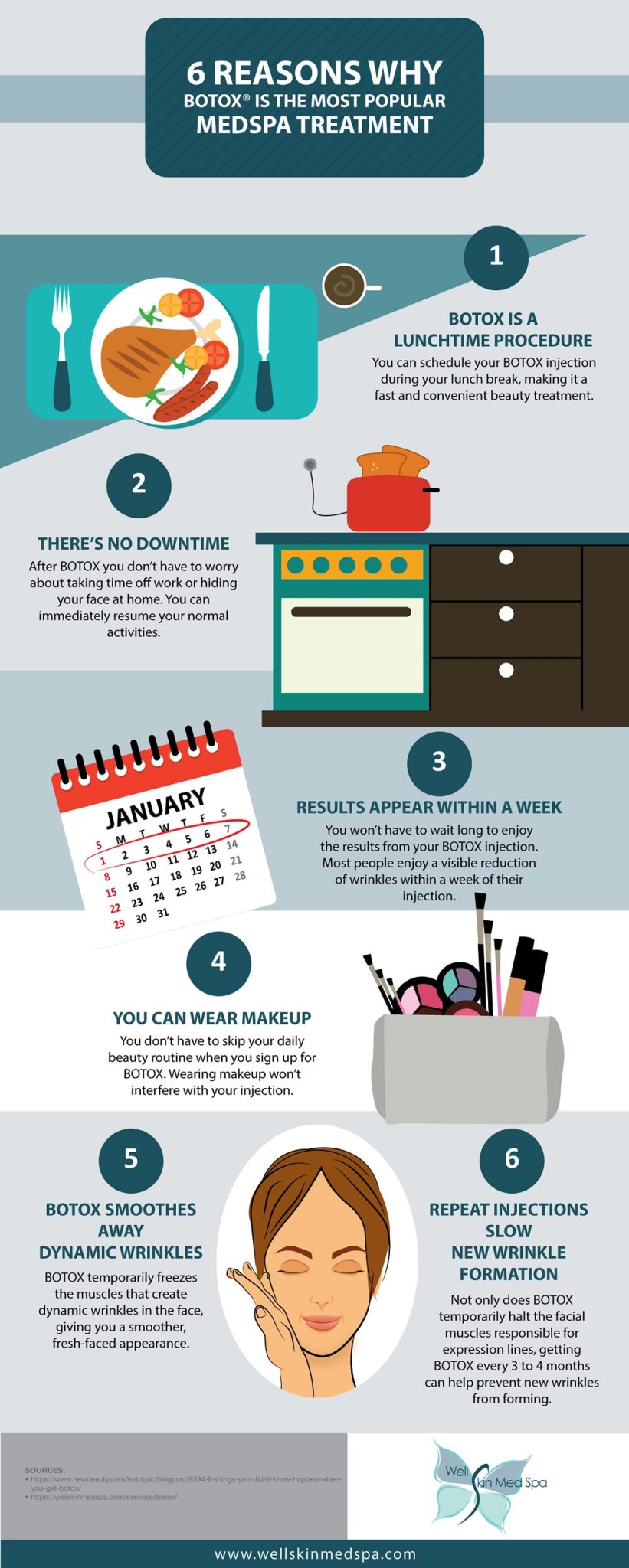Is SMILE Eye Surgical Procedure A Good Fit For You? Crucial Insights And Factors To Assess
Is SMILE Eye Surgical Procedure A Good Fit For You? Crucial Insights And Factors To Assess
Blog Article
Created By-Frederiksen Cochran
If you're considering SMILE eye surgery, contemplate this: are you prepared to accept prospective visual liberty, or does the thought of any dangers make you wait? Your decision will certainly rest on a careful equilibrium of evaluating the advantages versus the uncertainties. It's critical to dig much deeper into the subtleties of SMILE surgical treatment to make an enlightened selection that aligns with your aesthetic goals.
Recognizing SMILE Eye Surgical Procedure
When thinking about SMILE Eye Surgical procedure, it is essential to understand the treatment and its benefits. SMILE, which stands for Small Cut Lenticule Extraction, is a minimally intrusive laser eye surgery that fixes usual vision problems like nearsightedness (nearsightedness).
Throughout the treatment, your eye surgeon will make use of a femtosecond laser to produce a tiny laceration in your cornea. Via this incision, a small disc of cells called a lenticule is gotten rid of, reshaping the cornea and fixing your vision.
One of the key benefits of SMILE Eye Surgical treatment is its fast recovery time. Many clients experience enhanced vision within a day or two after the procedure, with minimal discomfort.
Additionally, SMILE is understood for its high success price in offering lasting vision improvement. Unlike LASIK, SMILE does not need the development of a flap in the cornea, lowering the risk of problems and permitting a much more secure corneal structure post-surgery.
Recognizing the treatment and its benefits is critical when considering SMILE Eye Surgery for vision improvement.
Advantages and disadvantages of SMILE
Considering SMILE Eye Surgical treatment for vision improvement features various advantages and potential drawbacks.
One of the main pros of SMILE is its minimally intrusive nature, as it includes a tiny laceration and usually results in quick recovery times. The procedure is additionally recognized for creating marginal discomfort and dry eye signs and symptoms post-surgery contrasted to other vision modification methods. In addition, SMILE has been revealed to offer outstanding aesthetic outcomes, with many clients attaining 20/20 vision or better.
On the other hand, a possible disadvantage of SMILE is that it might not appropriate for people with severe refractive mistakes, as the therapy array is rather minimal compared to LASIK. Another consideration is that the discovering contour for surgeons carrying out SMILE can impact the availability of skilled providers in specific areas.
It is essential to consider these benefits and drawbacks thoroughly when making a decision if SMILE is the appropriate choice for your vision adjustment requirements.
Identifying Qualification for SMILE
To figure out if you're qualified for SMILE eye surgery, your eye doctor will perform a complete analysis of your eye wellness and vision demands. During this evaluation, elements such as the security of your vision prescription, the density of your cornea, and the total health of your eyes will certainly be assessed.
Generally, candidates for SMILE are over 22 years old, have a stable vision prescription for at the very least a year, and have healthy corneas without problems like keratoconus.
Your optometrist will certainly likewise consider your overall eye health, any kind of existing eye conditions, and your way of life requires to establish if SMILE is the ideal option for you. It's important to communicate any certain aesthetic needs or problems you might have during this examination to ensure that the therapy aligns with your expectations.
If More Information and facts for SMILE, your ophthalmologist might recommend alternate vision correction options that much better suit your individual demands and eye health and wellness standing.
Conclusion
Eventually, choosing whether SMILE eye surgery is right for you calls for cautious consideration of your specific eye health and visual demands. Speak with your ophthalmologist to identify your eligibility for the procedure and weigh the possible advantages and drawbacks. Bear in mind to communicate any kind of issues or questions you may have during the examination process to make an enlightened choice regarding your vision adjustment alternatives.
